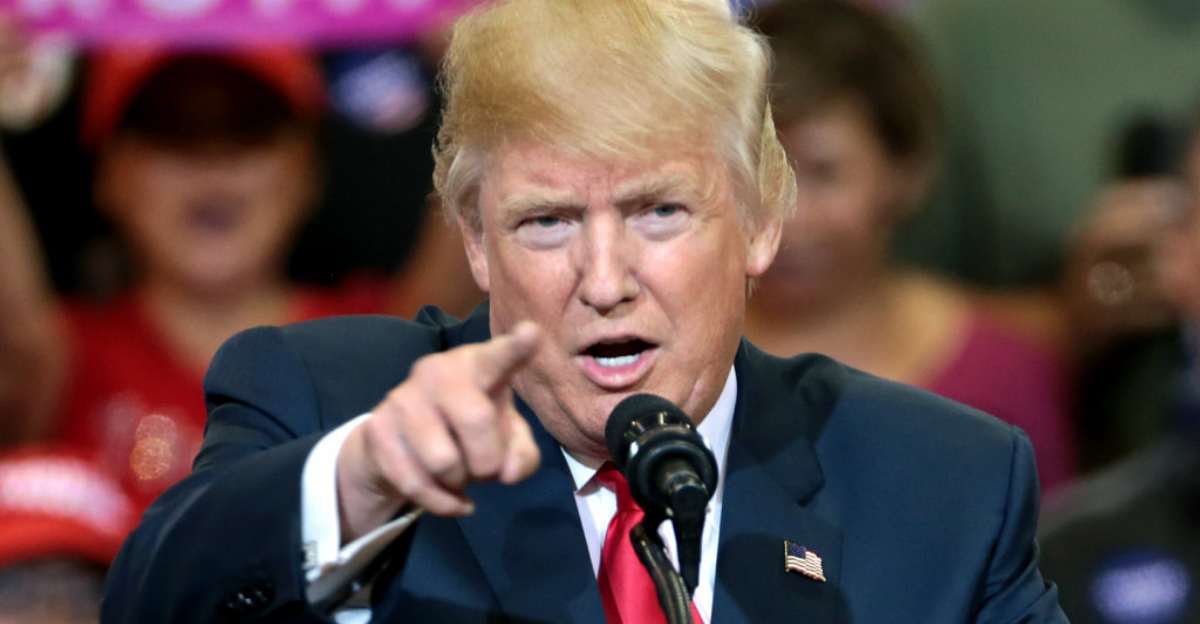
If there’s one thing certain in life, it’s taxes. You work hard for your money, but at the end of the day, you have to give your income tax to the government. Most people agree this feels like a lack of control over what happens with their money.
Politicians Know About How Unpopular Taxes Are
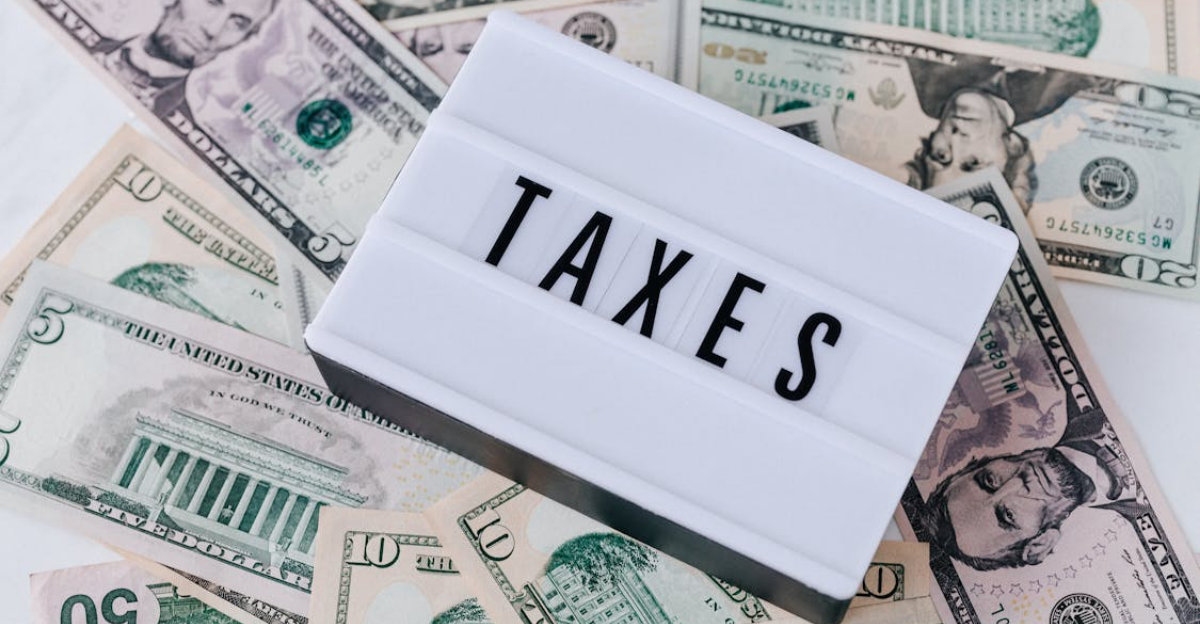
Elected officials in the United States have a clearer understanding of taxes than the majority of voters. At the same time, they know that enacting taxes will make them unpopular and that taking them away could get them re-elected. So, what you can expect is politicians regularly talk about reducing taxes!
Donald Trump Went Further Than Saying That He Would Reduce Taxes
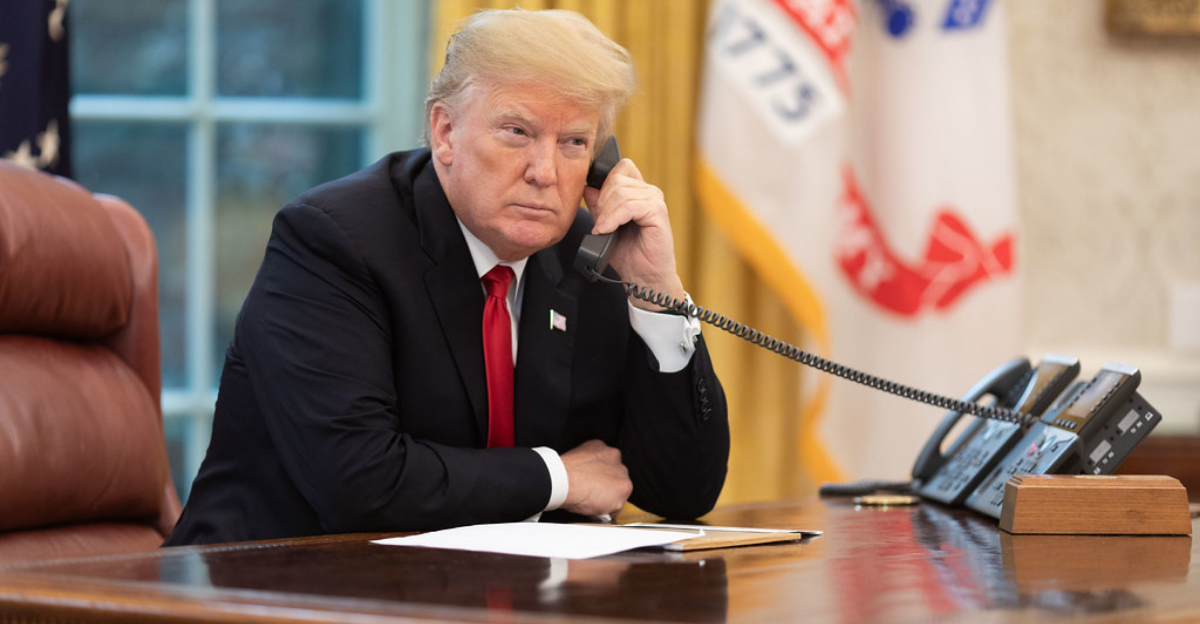
Donald Trump has become famous for making bold claims. The American president recently claimed that he may look into cutting income taxes altogether while entering Air Force One. Will he really live up to the task?
There Was a Tariff-Related Catch
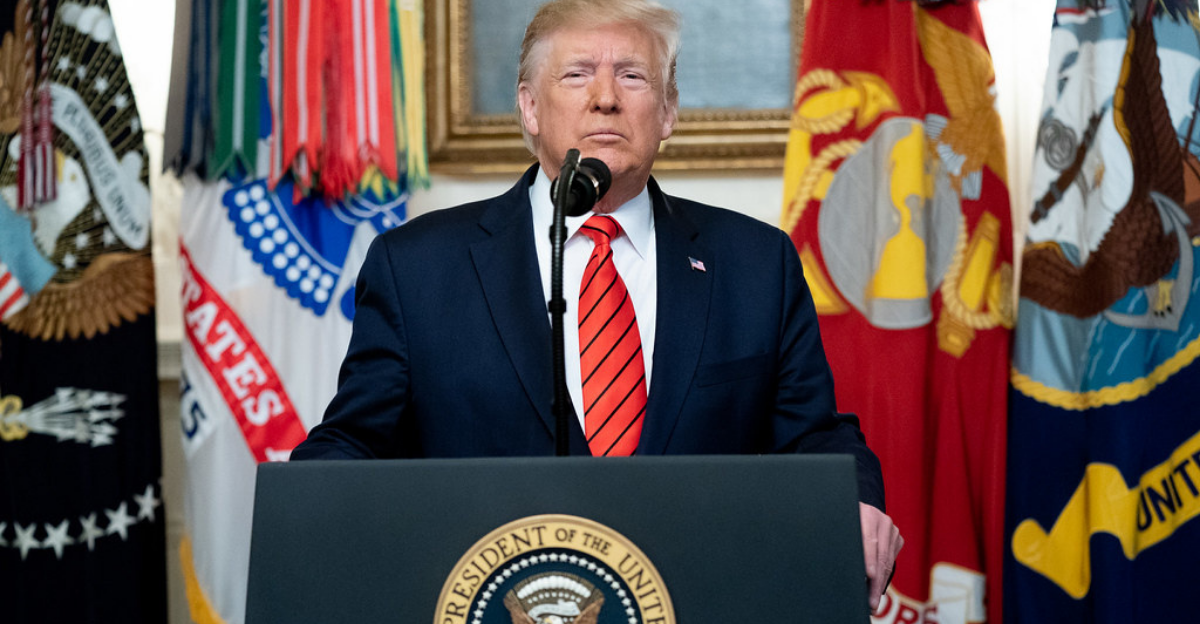
When president Trump made the comments, he was referencing the potential revenue that could be coming in from his proposed tariffs against most of the countries with which the United States does business. The tariffs are currently on pause as the White House negotiates with other countries.
Trump Said the Focus Would Be On Lower-Income Americans
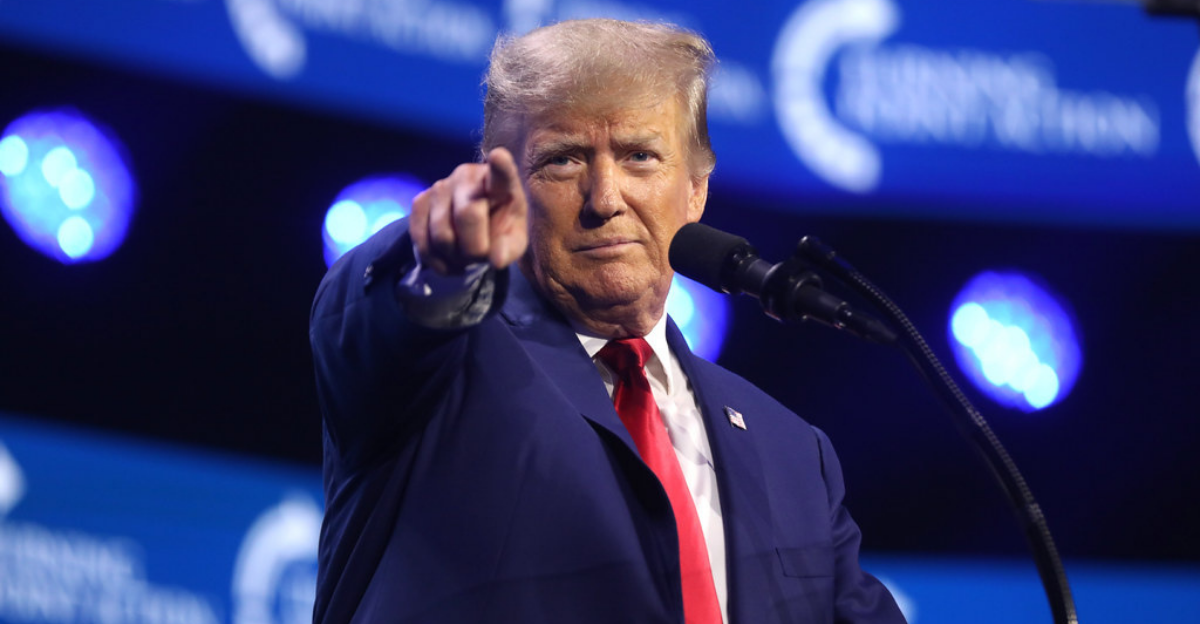
Since Trump has been in power, first in 2017 and again in 2025, he has focused much of his legislation on creating cuts for the richest people in the country. When talking about taxes, though, Trump said his idea could be especially beneficial for Americans making less than $200,000 per year.
There Are Issues With Trump’s Math When It Comes to Taxes
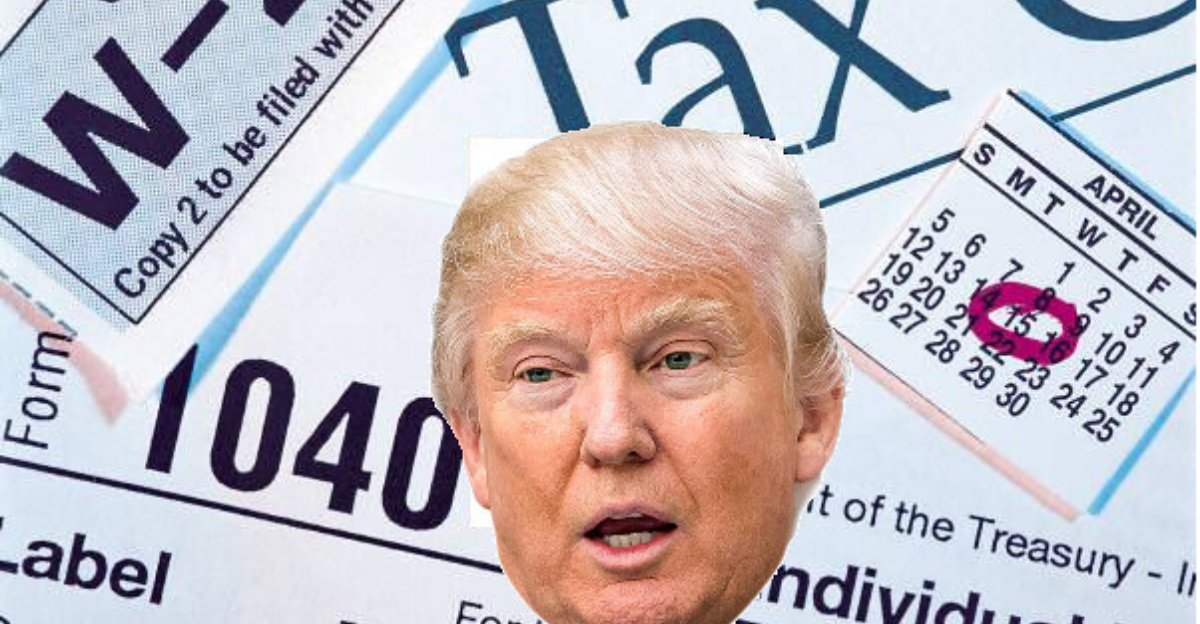
Taxes generate an enormous amount of money for the country, a total of $3 trillion each year. That money is then dispensed to all of the mechanisms that run the country. And the nation could not run without those dollars being replaced.
The Tariffs Aren’t High Enough
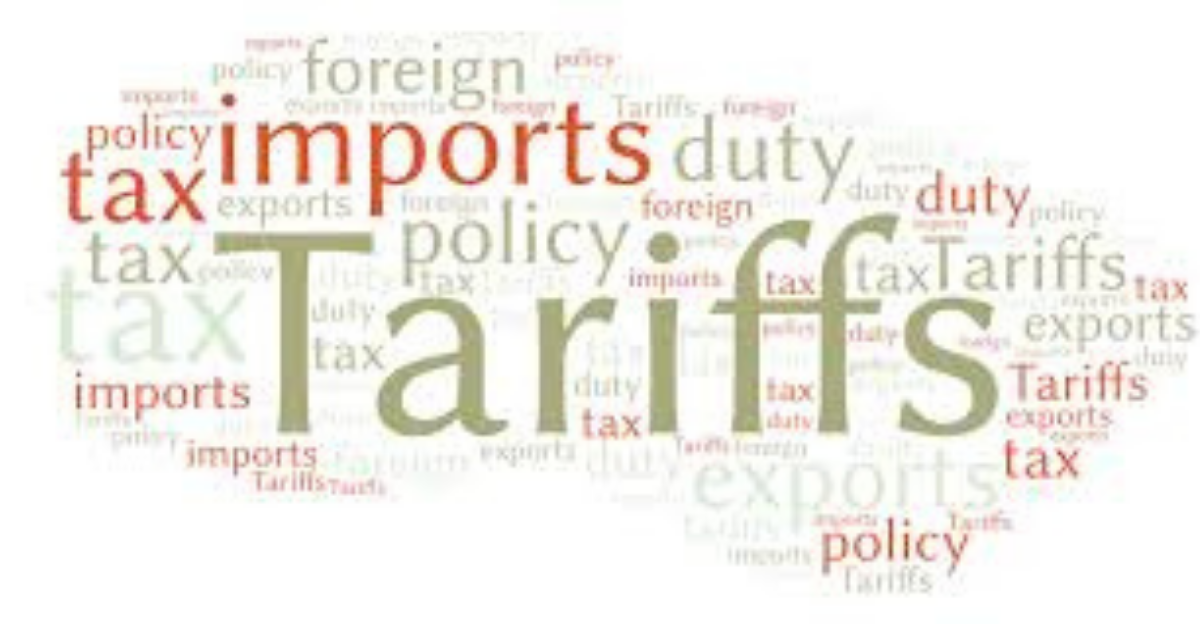
Interestingly, the amount that the nation raises in taxes each year is the same as the amount the U.S. imports each year. So for tariff revenue to replace tax revenue, tariffs would have to be set at 100%.
Higher Prices Would Lead to Fewer Sales

Just raising the tariffs to a higher level still would not solve the problem of how to replace tax revenue. As prices go up due to the tariffs, businesses would sell far fewer goods. And therefore, there would be less tariff revenue.
Would Foreign Companies Stop Selling Into the United States?

America is a crucially important market for several global companies. But there is also the chance that Donald Trump’s tariffs become such an issue for them that it stops being worth it to sell in that market. There is less revenue if tariff payers choose to leave.
Americans Would Be Paying For Their Own Tax Cuts

The country may be creating additional tariff revenue, but the people around the country would be the ones creating that revenue by purchasing goods and services. The idea of replacing taxes with tariffs relies on global products with higher prices selling briskly.
Trump Admits That Eliminating Taxes Would Take Time

If the tariff revenue was high enough to replace income taxes, a move towards eliminating taxes would not come immediately. Something like this would take years to happen, and probably after Trump leaves political office.
The Tariffs Rocked the Financial World After They Were First Announced

The president referred to the day that he announced his tariffs as ‘Liberation Day,” but the financial market response to the announcement was swift, with the markets sinking and significant amounts of money being lost.
The Market Response May Have Had Something to Do With Trump’s Pause
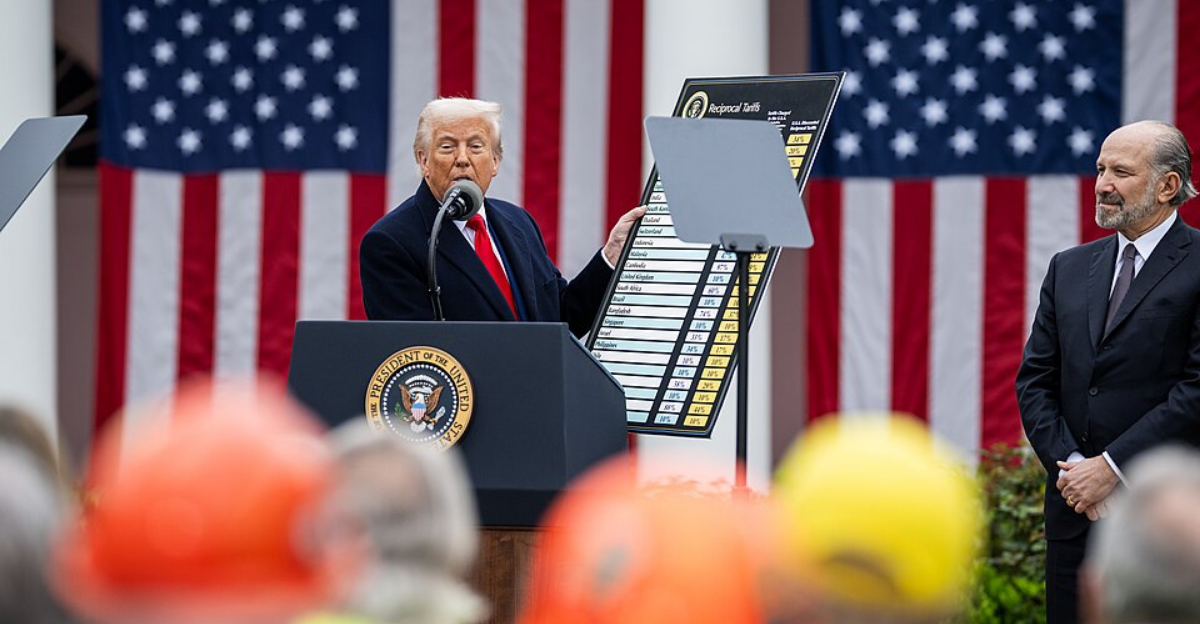
In the months before the tariffs, Trump hit back against any kind of criticism of his tariff measures, saying that top economists were wrong about the results. The severe response from the stock market was the first indication of how the financial world saw the tariffs.
The Government Will Usually Find Something to Spend Money On

Even in the unlikely scenario where the American government had a budget surplus, it would be equally as unlikely for taxes to drop. The government would find something worth spending on, to the detriment of the people’s expectations for reduced taxes.
Budget Surpluses Are Likely to Be a Thing of the Past
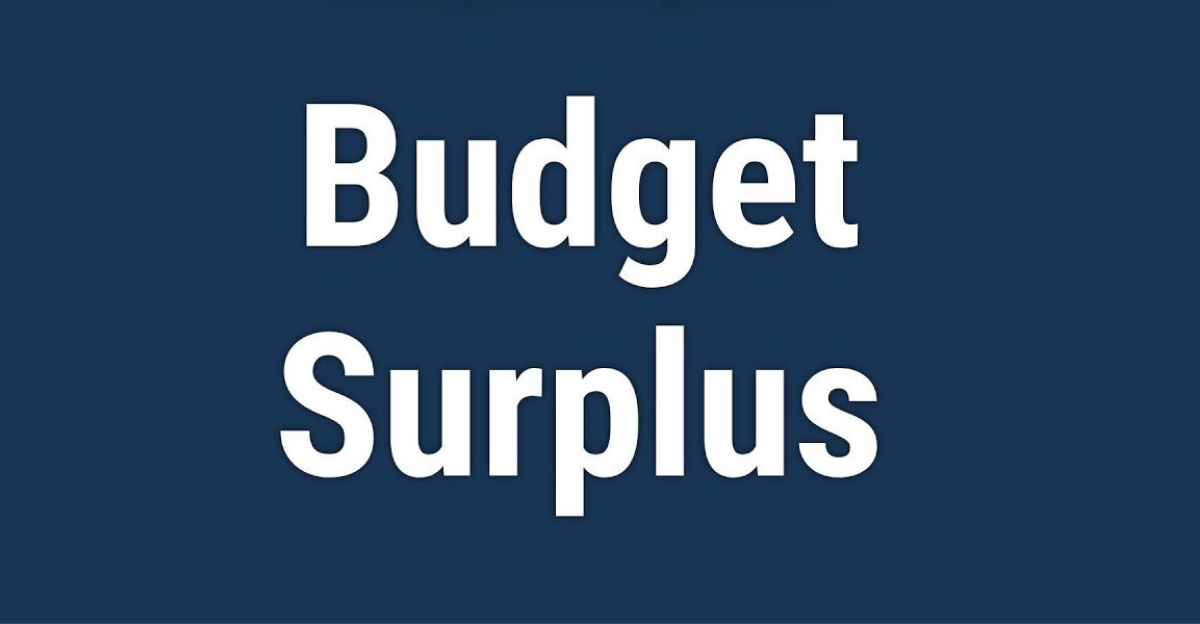
It has been a very long time since the United States government was able to balance the budget, with the last occurrence happening in 2001. Thanks mostly to global conflicts, it will be very hard for the country to pare down its debt.
The Country Could Be Getting Into Another War

While Donald Trump had vowed to end the conflicts in Gaza and Ukraine himself, those wars are still going on. In addition, the United States recently took part in a bombing against Iran, possibly raising the spectre of another expensive war.
The U.S. Government Has Been More Willing to Cut Taxes for the Rich
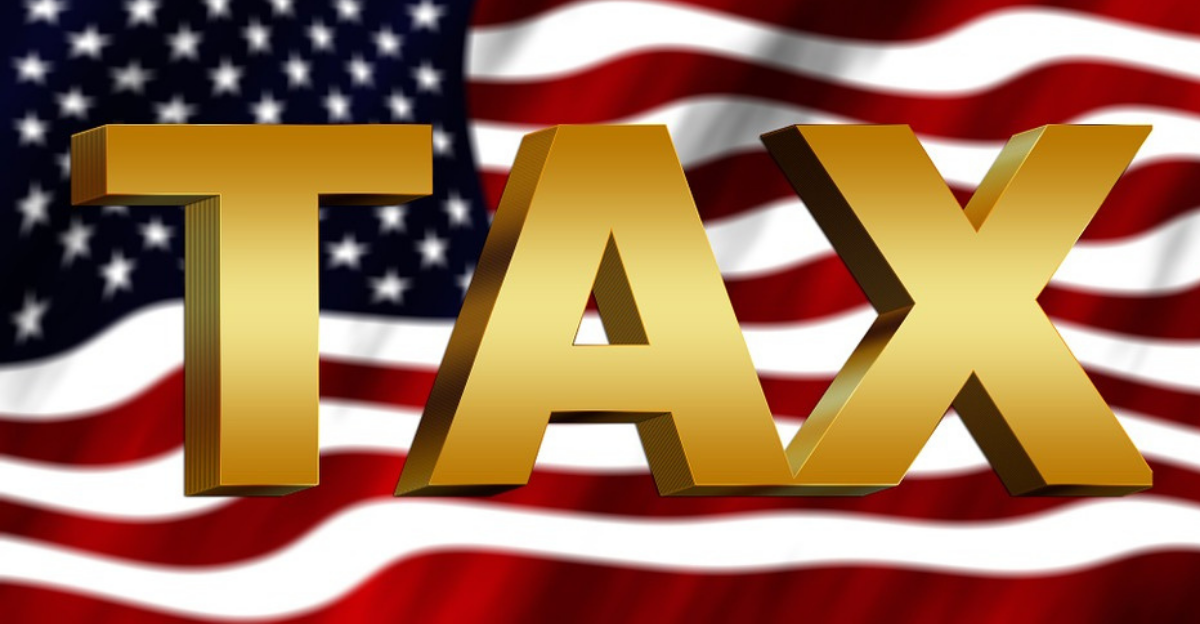
Most of the tax cuts, especially when a Republican president is in office, are focused on the wealthiest Americans. Donald Trump’s current tax bill mostly benefits the richest citizens, with the argument that these benefits would trickle down to lower-income earners.
Trump is Again Challenging Canada
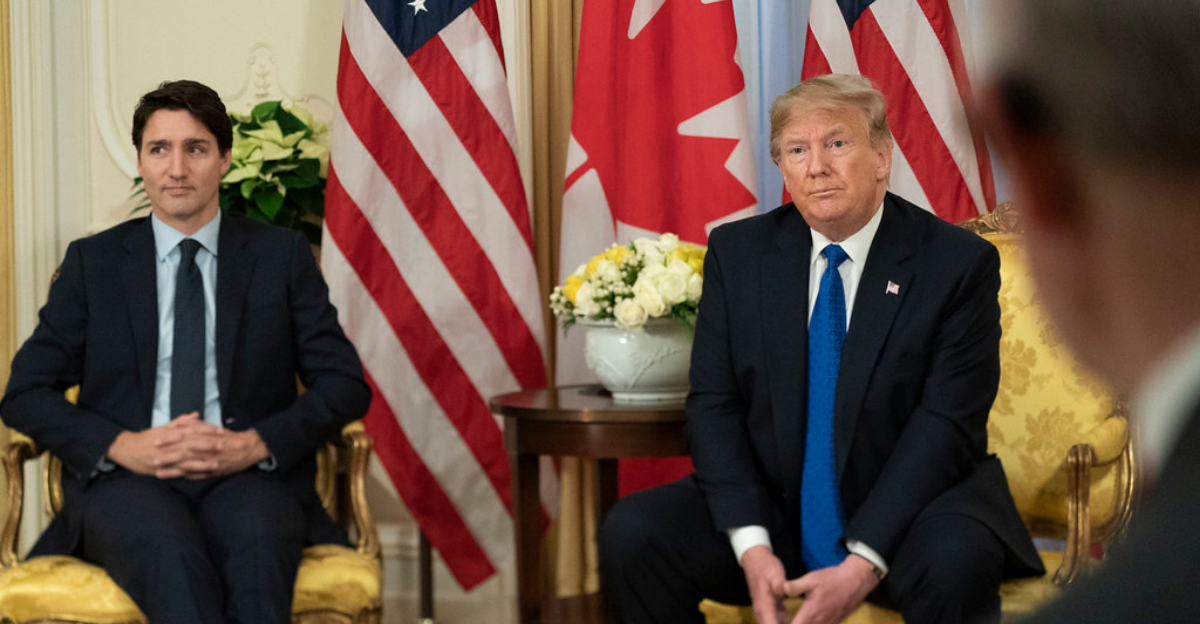
Canada has been one of the United States’ staunchest supporters and a key trade partner, and the country wasn’t happy with Trump’s tariffs announcement. Trump recently attacked the country, saying that he is closing down tariff negotiations with the new Prime Minister, Mark Carney.
The President Also Says He Won’t Extend the Negotiation Deadline
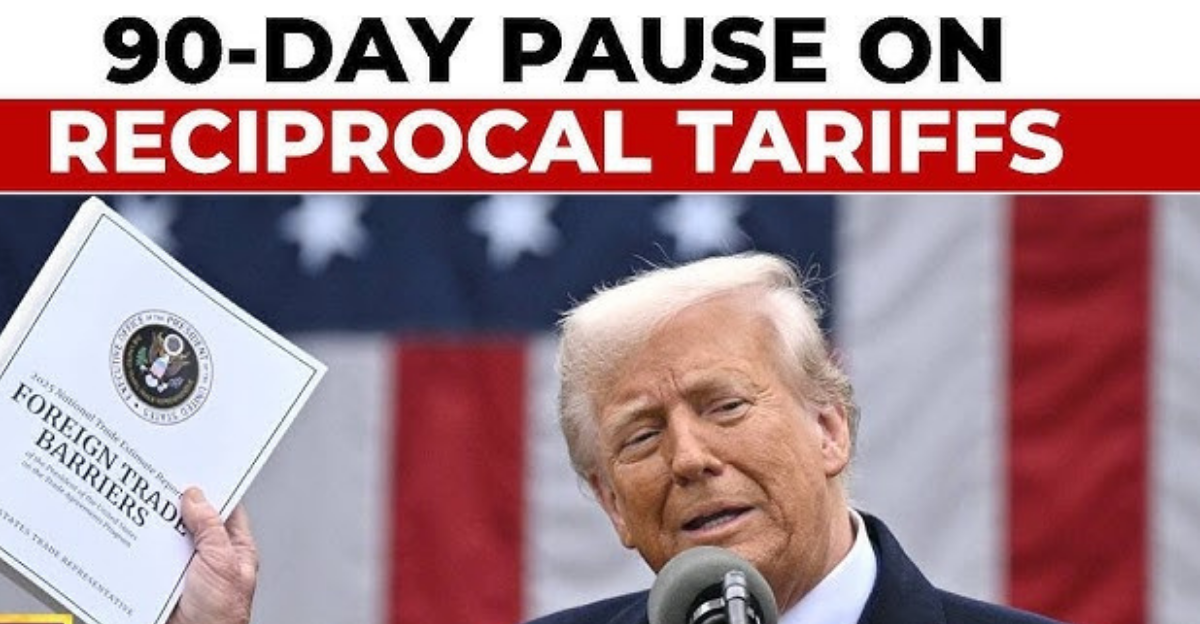
Shortly after announcing his tariff plan, Donald Trump paused the measures for 90 days to give countries the chance to negotiate better terms. The negotiations have been slow, with almost no deals being reached. Trump recently said that he would not extend the deadline.
Conclusion

Donald Trump knows that his tariffs are wildly unpopular, but he does not want to back down from his stance. While it is theoretically possible for revenue from very high tariffs to replace income tax revenue, getting to that point is wildly unlikely.